For successful growth, gardens should be located in a sunny area. At least 6 – 8 hours of direct sunlight is recommended.
Learn More about Sunlight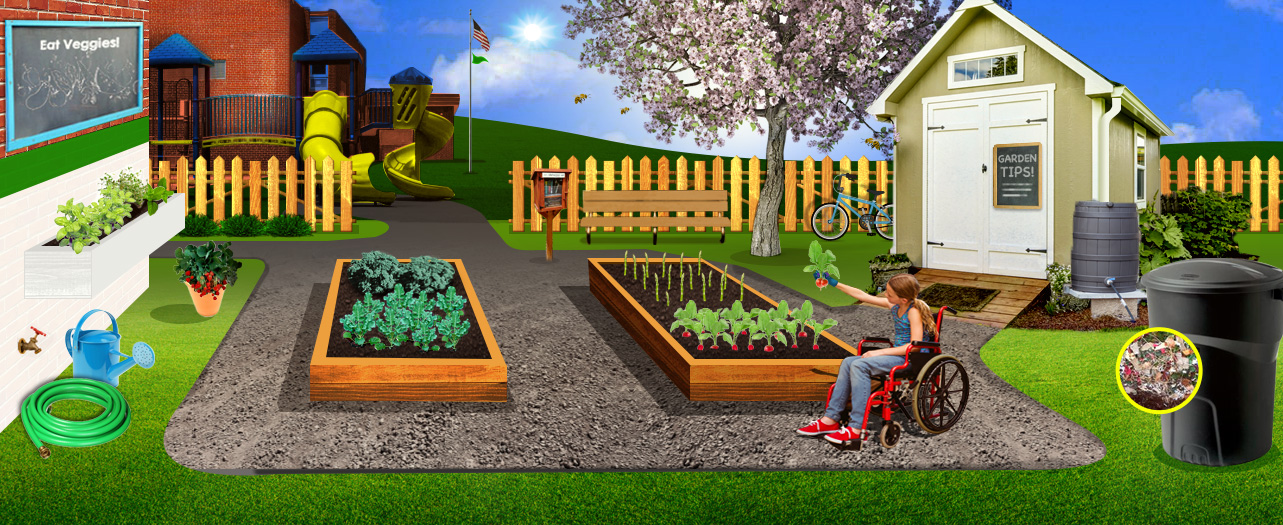
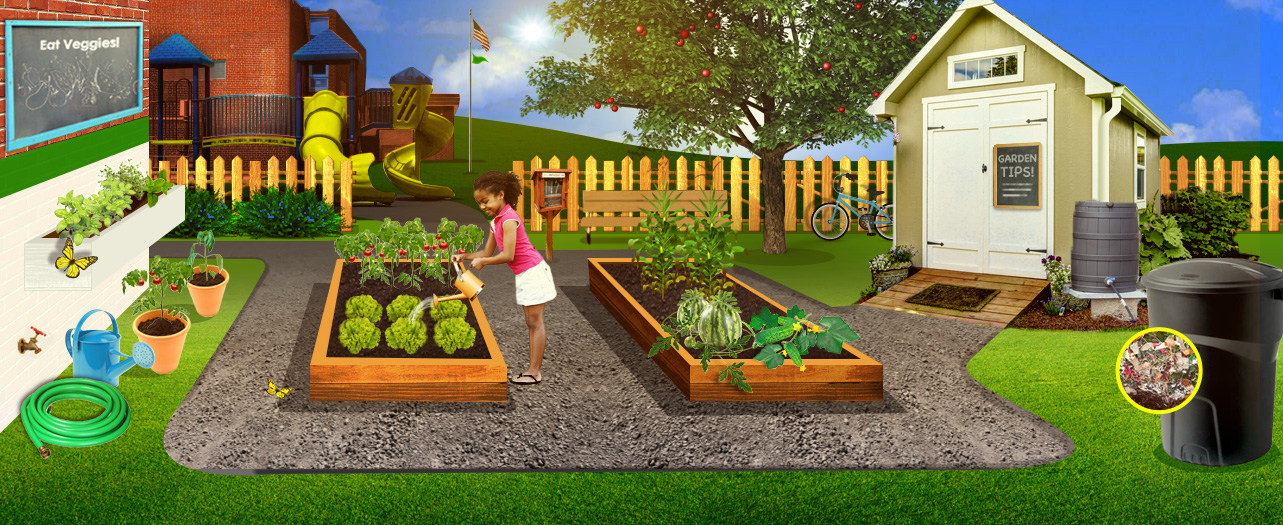
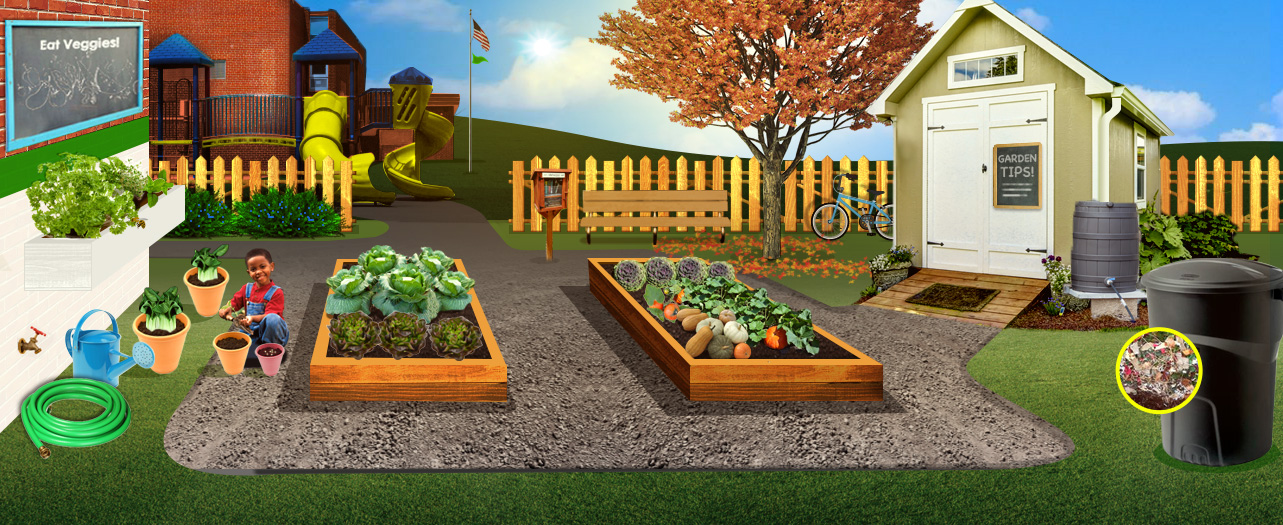
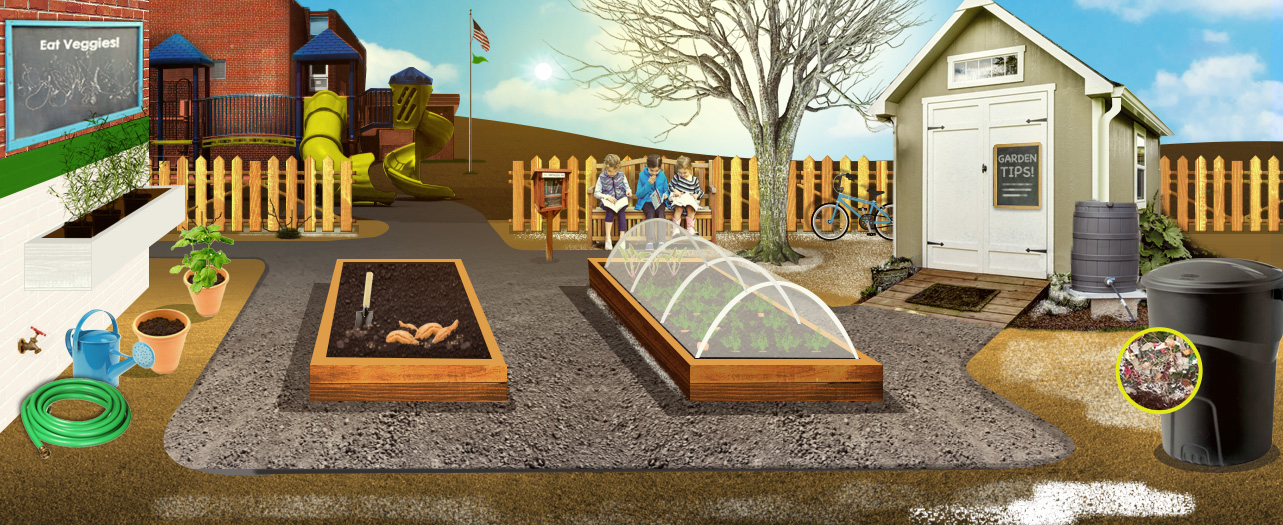
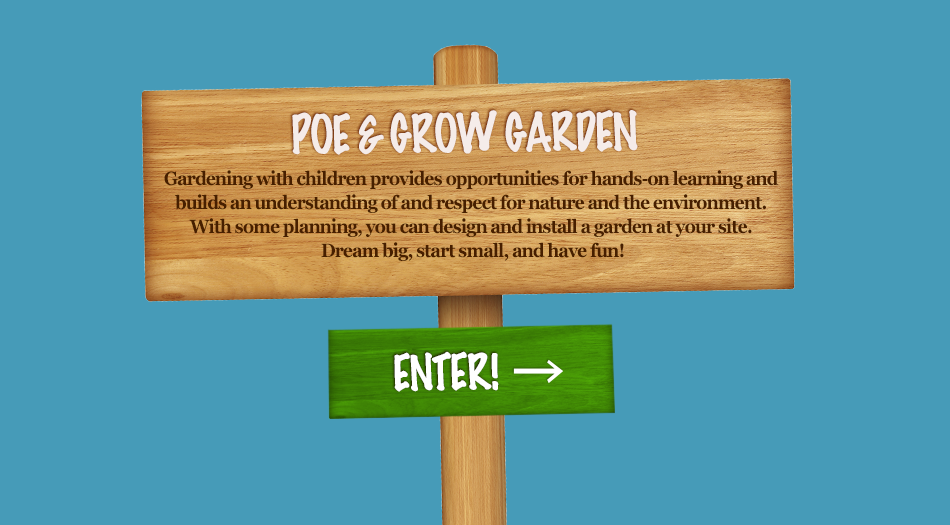
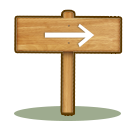
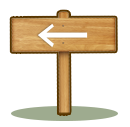
Sunlight
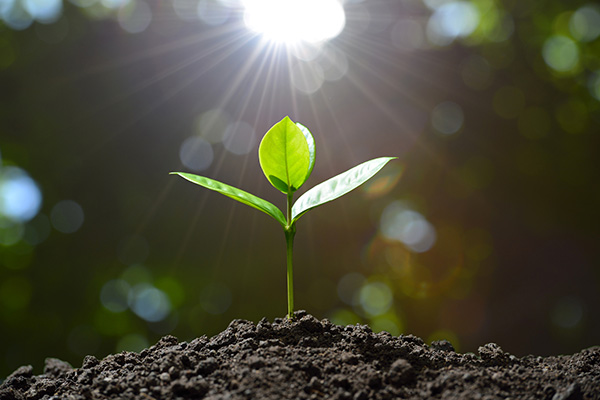
Winter Garden Protection
As cold snaps occur in the winter, it is important to protect the garden from frost. Lightweight fabric can help protect plants from the freezing temperatures.
Learn More about Protecting Landscape and Garden Plants During Cold Snaps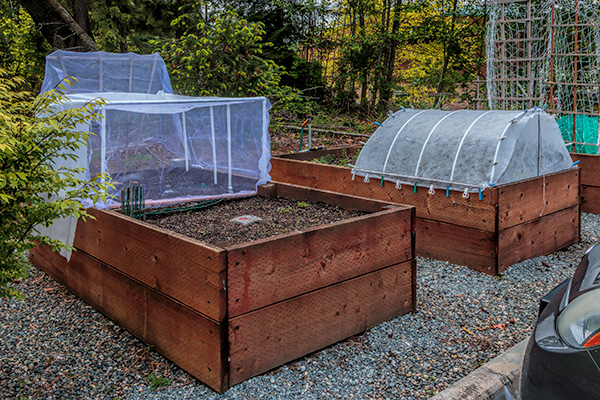
Garden Curriculums
A number of garden curriculums and lessons are available. Many of these can help with planning and incorporating garden activities and lessons within your classroom.
Learn More about Garden Curriculums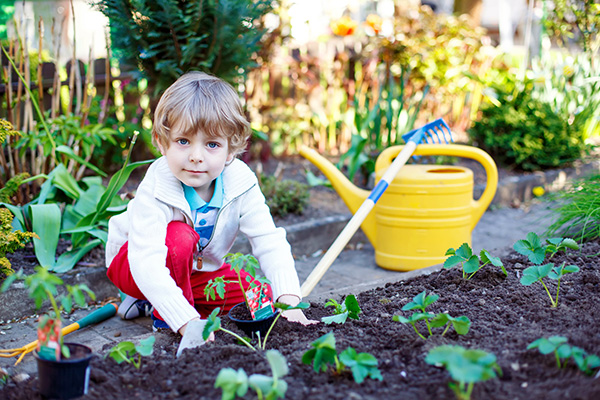
Lending Library
Add a lending library to your garden to house books about gardening and wellness. Or, keep these books on hand in your classroom, library or community center as a resource for gardeners.
Learn More about Lending Library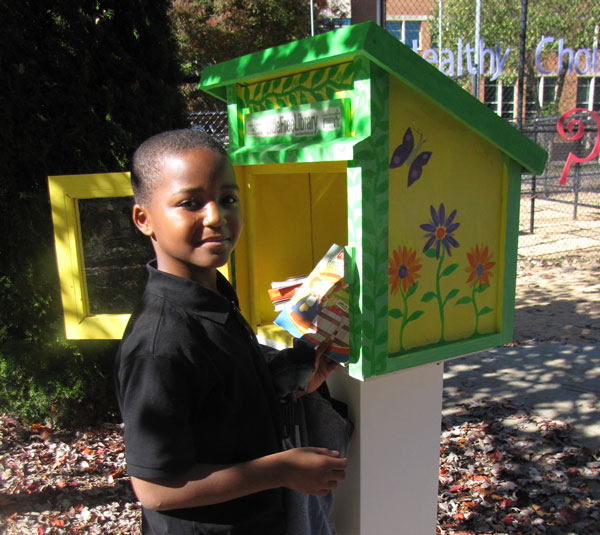
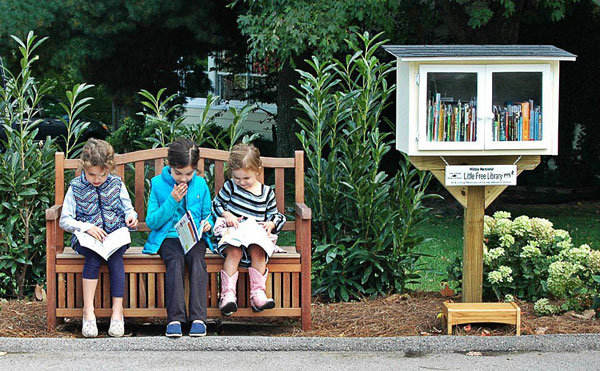
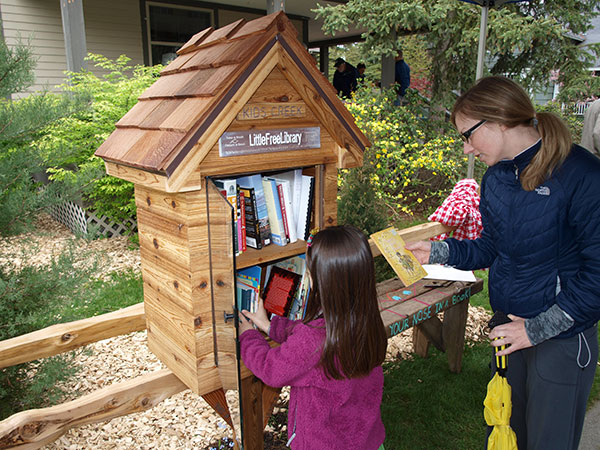
Composting
Composting is a natural biological process that breakdowns organic material under aerobic conditions into stable compost. It promotes healthy plant growth and restores soil vitality.
Learn More about Composting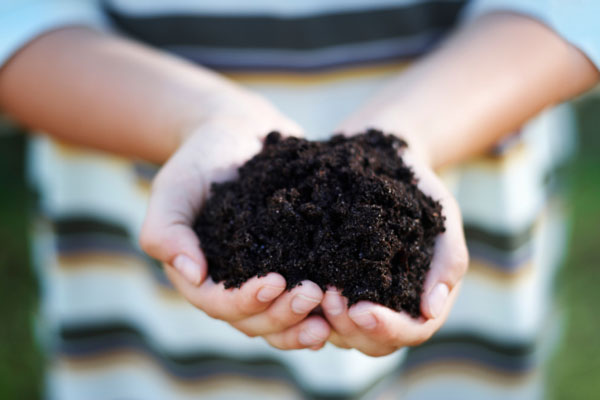

Rain Barrel
Roof water run off goes into the barrel. A screen cover keeps out mosquitoes and debris. Attach a hose to the spigot to water your garden.
Watering
Watering your garden is essential for a healthy harvest. However, it does not have to be complicated if you know your soil and plants. Consider adding a rain barrel to collect rain water for more sustainable gardening.
Learn More about Watering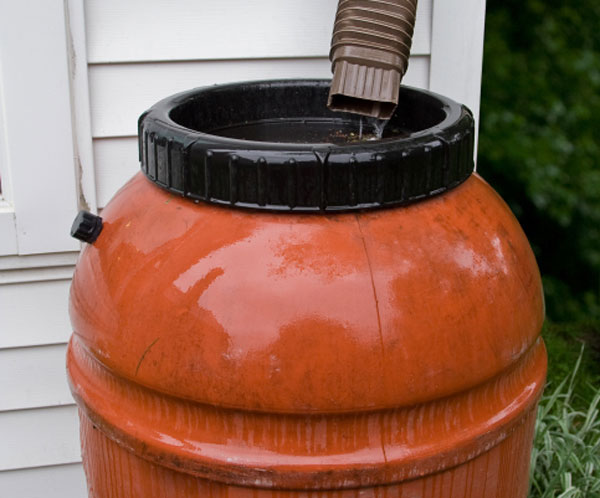
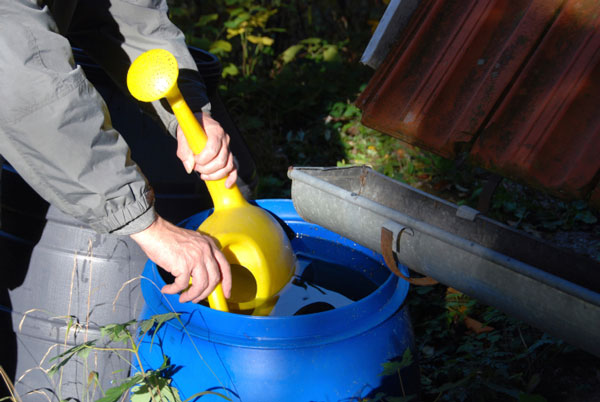
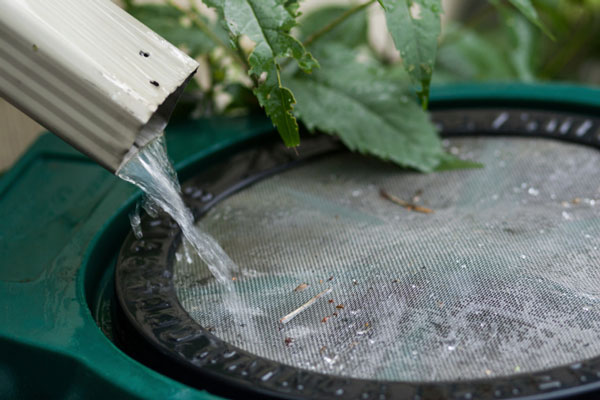
Watering
Watering your garden is essential for a healthy harvest. However, it does not have to be complicated if you know your plants and soil, as well as follow some basic practices, such as watering at the roots and watering in the morning. Consider adding a rain barrel to collect rain water for more sustainable gardening.
Learn More about Watering
Pollinators
Pollinators are responsible for assisting over 80% of the world's flowering plants. Without them, humans and wildlife wouldn't have much to eat or look at.
Learn More about Pollinators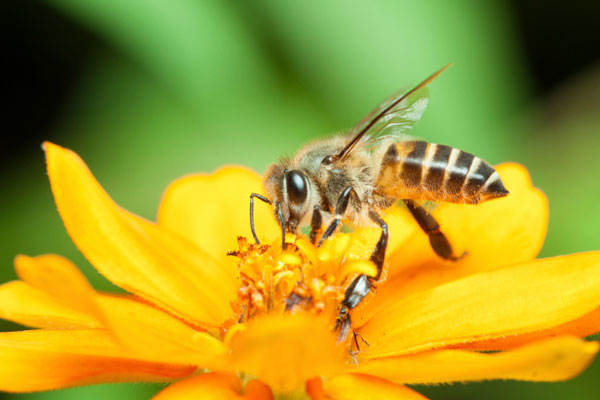

Garden Tools
Having the right tools on hand to get your garden going and looking good for the entire season is important. These links will help you determine which tools and garden supplies you need for your garden.
Learn More about Garden Tools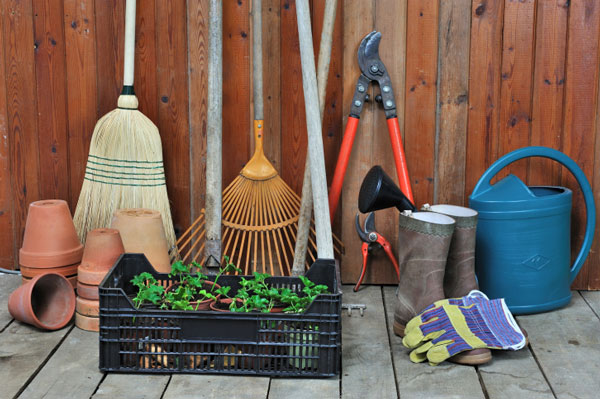
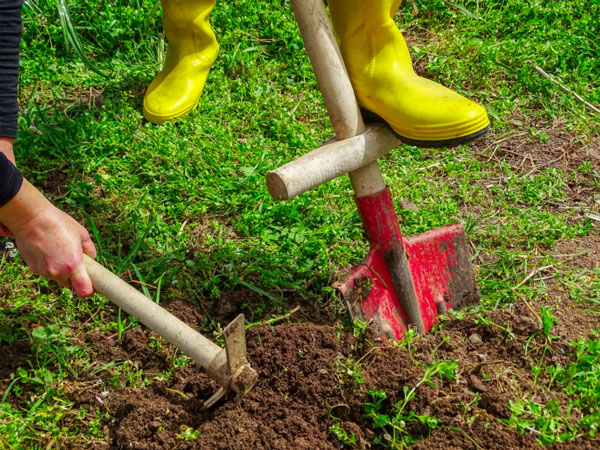
Container Gardening
Not ready to plant a garden in a raised bed? Consider container gardening for small spaces or individual classes as a great way to get started.
Learn More about Container Gardening
Herb Gardens
Herbs are an excellent way to season foods without adding extra salt, sugar or fat. The bouquet of flavors you can create by combining herbs will leave your mouth watering and wanting more.
Learn More about Herb Gardens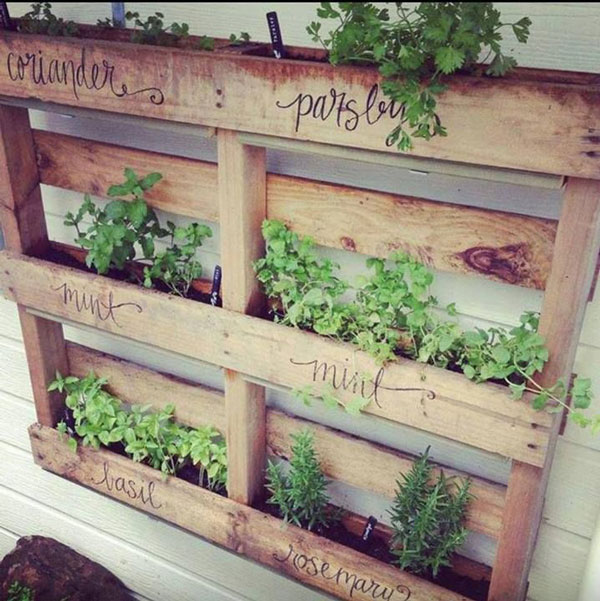
Raised Beds
For raised planters, use long lasting materials, such as cedar, composite lumber, brick, stone or redwood as they are more resistant to weathering. Raised beds should not exceed more than three to four feet in width to allow children to access plants easily. A nutrient-rich soil will help your garden thrive.
Learn More about Raised Beds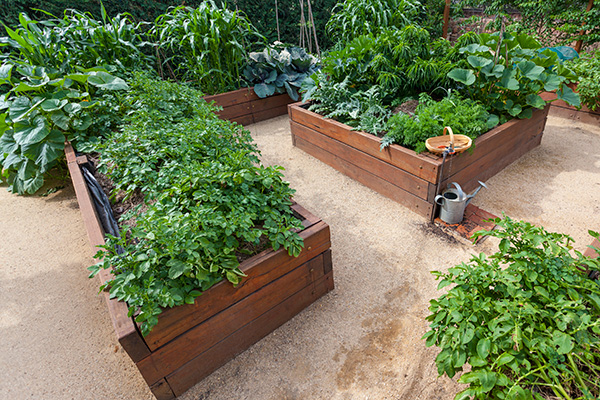
Planting Guidelines
Knowing what to plant when for the best harvest will make your garden bountiful of healthy options.
Learn More about PlantingThe nutritional content, freshness, and flavor that vegetables possess depend upon the stage of maturity and the time of day at which they are harvested. Harvest vegetables during the cool part of the morning, and process or store them as soon as possible. If processing must be delayed, cool the vegetables in ice water or crushed ice, and store them in the refrigerator to preserve flavor and quality.
Learn More about HarvestingLearn More about Recipes for Your Harvest
Learn More about Nutrition
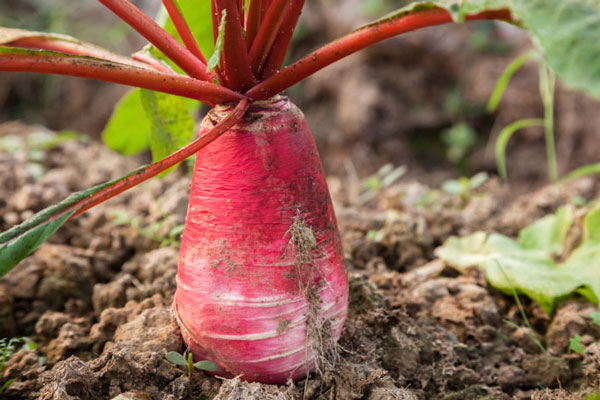
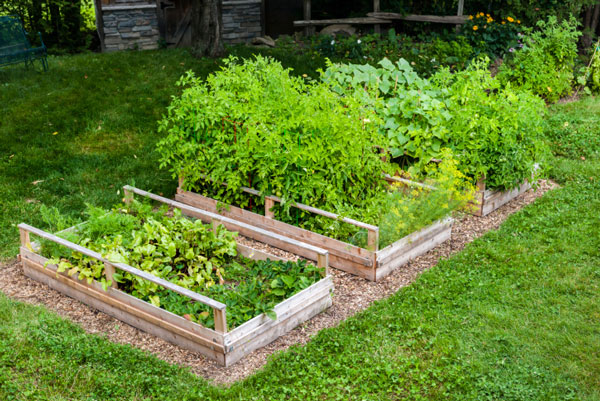
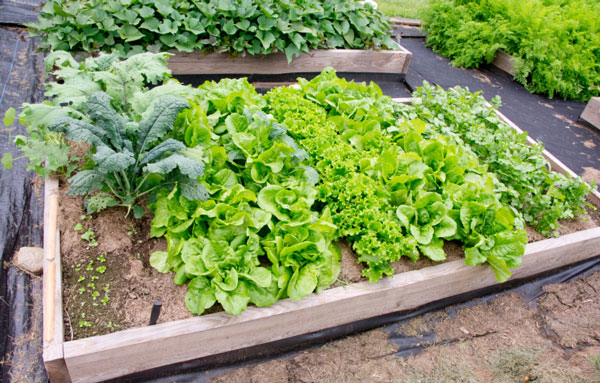
Fruit Trees
A wide variety of fruit producing trees do well in North Carolina. They are a wonderful addition to any yard, but do require proper soil preparation, site selection and planting to thrive. Plant them in groups of at least two to ensure they bare fruit. Explore these links to learn what to plant based on where you live in NC.
Learn More about Planting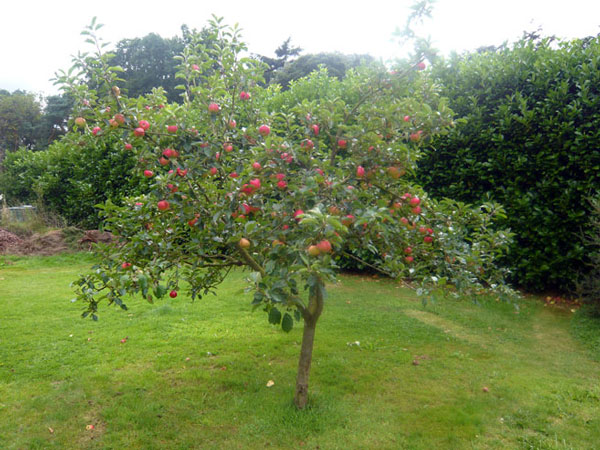
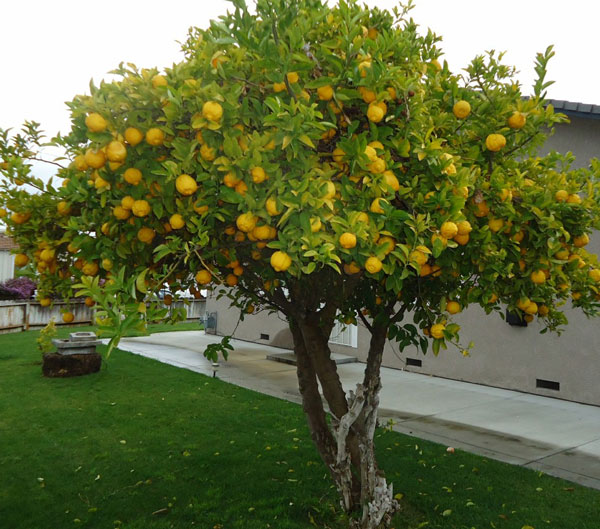
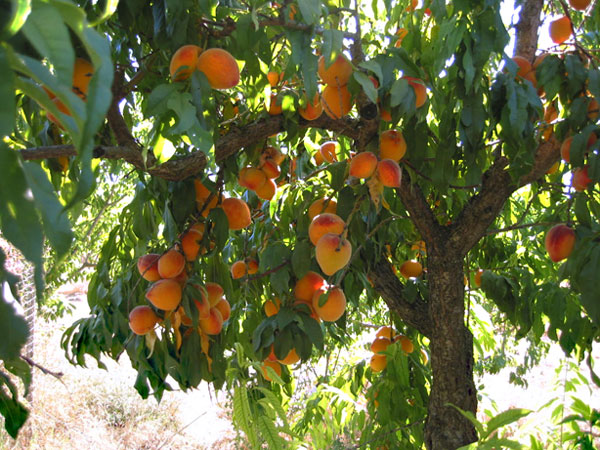
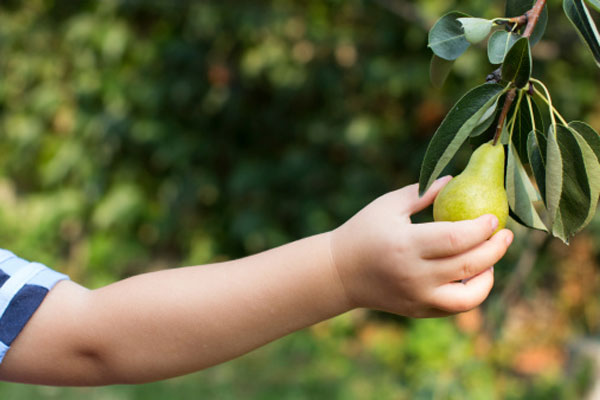
Fruit Bushes
Blackberries, blueberries, muscadine grapes and strawberries are among the best choices of fruits and fruit bushes to plant in NC. Choose a sunny and well drained location. Also, many varieties of fruit bushes require cross-pollination and will need to be planted in pairs of more than one variety in order to bare fruit. Consider covering them with mesh to protect the fruit from hungry critters, such as birds.
Learn More about Fruit Bushes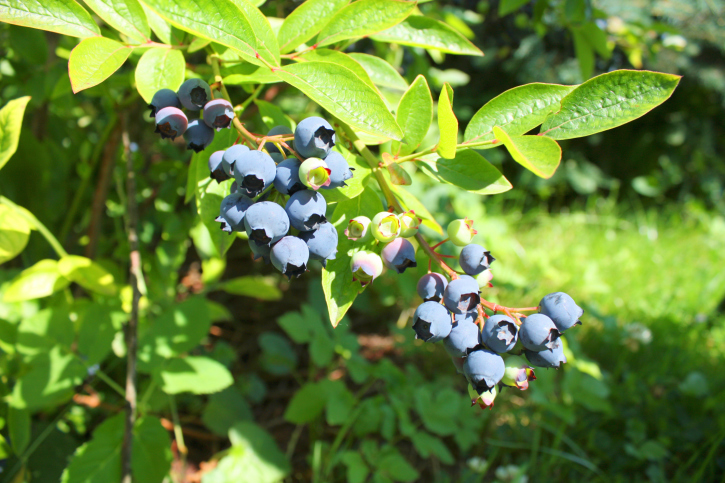
Health and Wellness Benefits of Gardening
Gardening is known for its benefits in multiple dimensions of wellness, including physical and mental well-being. To insure you experience all the benefits of gardening, remember to also be safe in the garden.
Learn More about the Benefits of Gardening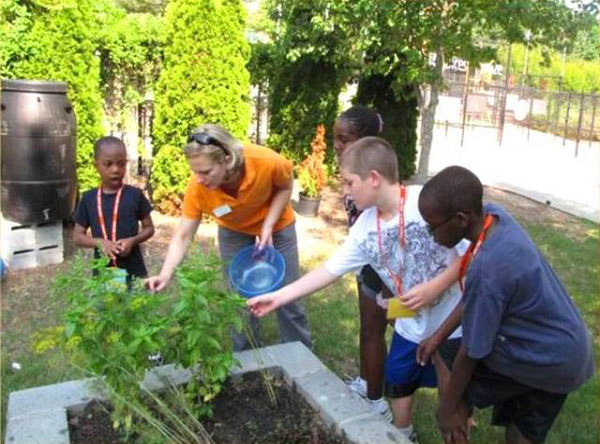
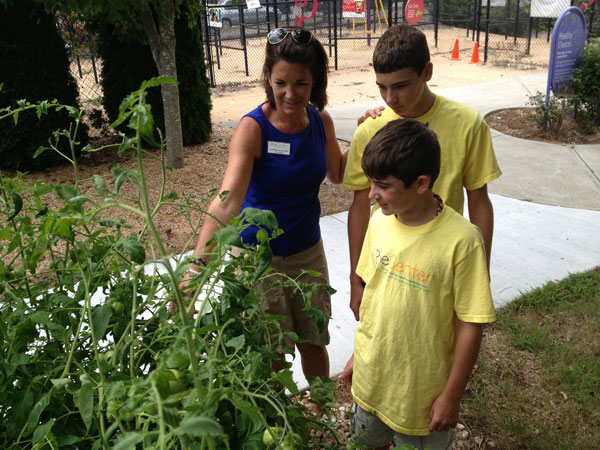
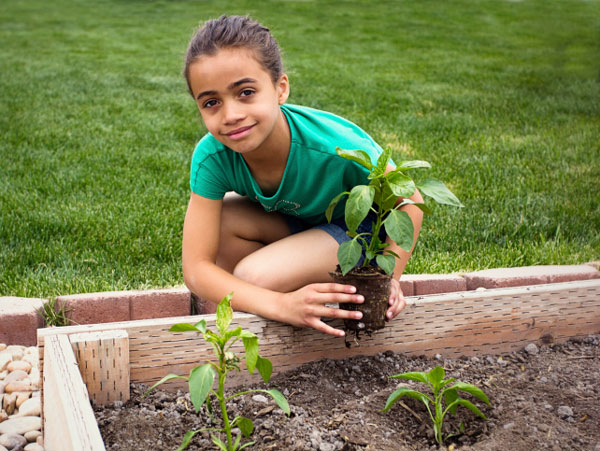
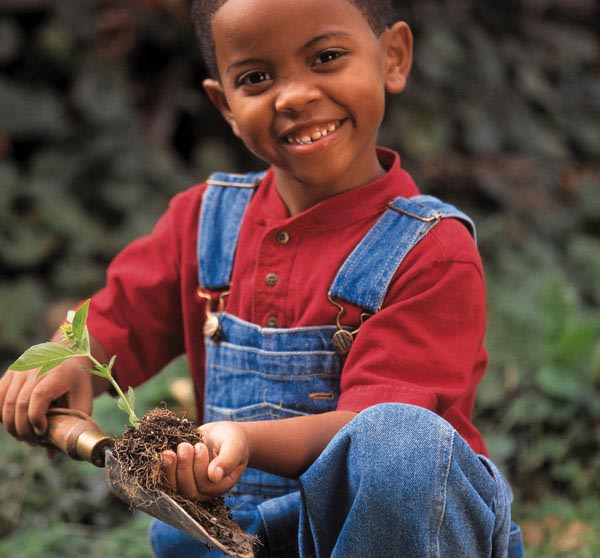
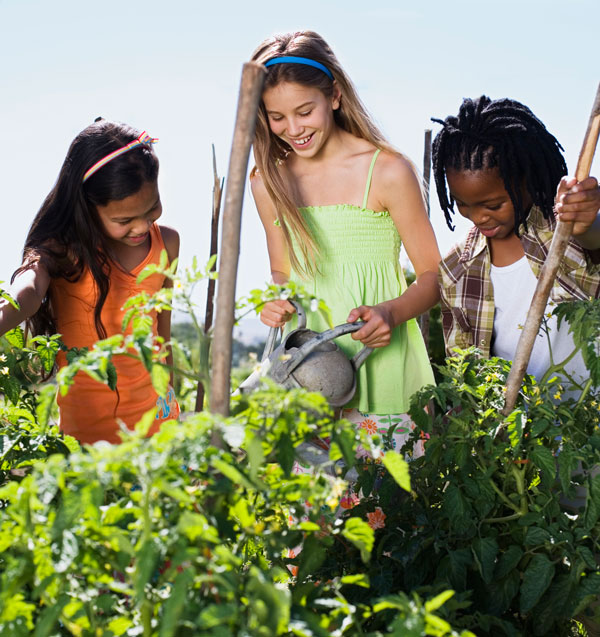
Physical Activity
Being physically active is important not only for our overall fitness but also for our overall health. It helps to reduce the risk of certain diseases, such as heart disease, diabetes and some cancers as well as slows the progression of some diseases. Recommendations vary by age and physical condition. The key is to remain active for a long, healthy life.
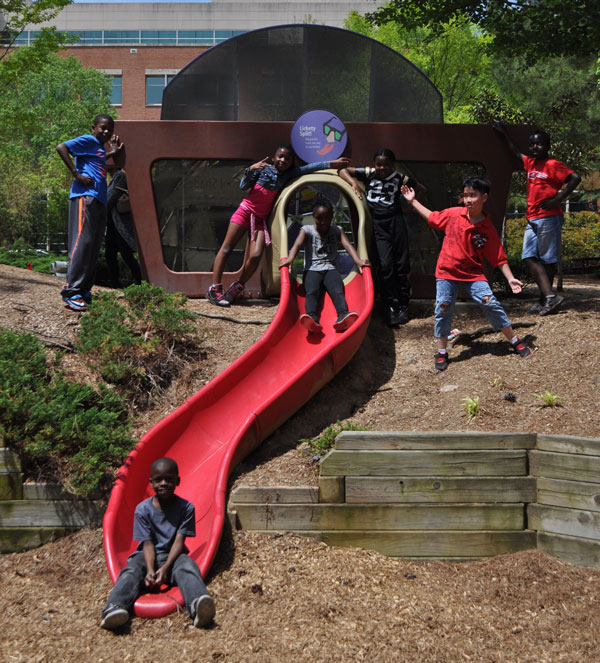
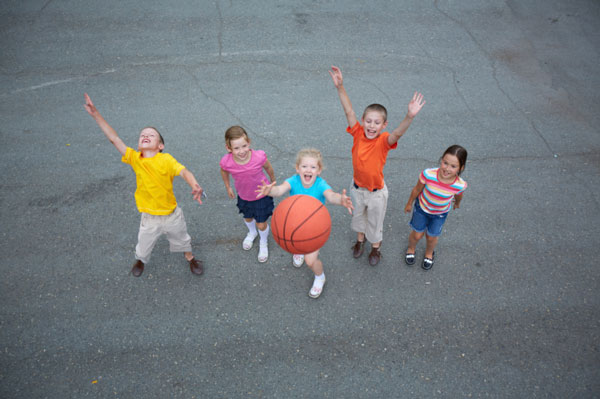
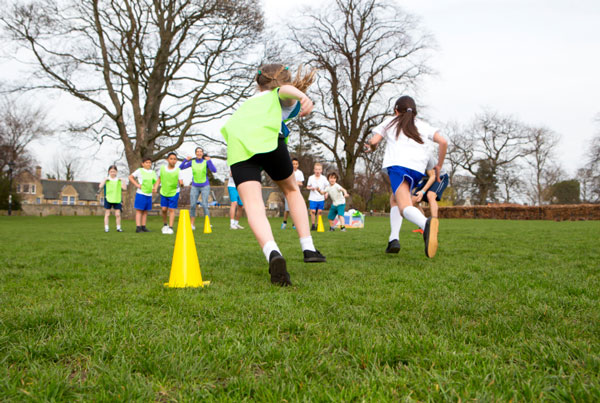
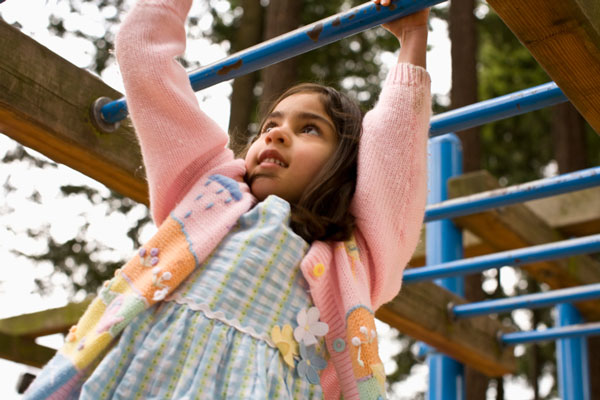
Bicycle Safety
To help achieve 60 minutes of activity a day, kids may choose to ride their bikes to school. This is a great physical activity but must be done safely. Bike safety rules should always be followed.
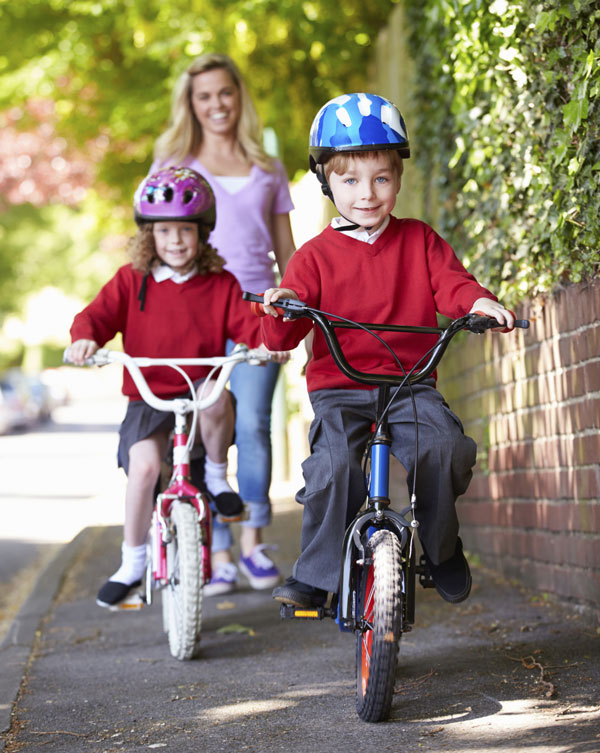
School & Community Garden Resources
For a complete list of all the resources listed on this site, view our School & Community Garden Resources page.
Here are a few additional tips to help you get your garden started:
Plan early – where, what, when and how.
Test and prep soil.
Select companion plants.
Compost for the best nutrients.
Water when necessary.
Fence
Everyone enjoys a lush garden – including critters. Fencing is critical to deterring animals – large and small – from enjoying your garden before you can. Erect fencing before you start to plant anything. Type of fencing will depend on the animals in your area. Chicken wire fencing may be enough for small animals, such as rabbits and woodchucks. Electric fencing may be necessary for deterring burrowers and crafty critters, such as raccoons. If you have deer, you may need to consider tall fencing. Before you plant anything, think about the animals in your area and select the appropriate fencing.

Accessibility
When planning a garden, it’s important to consider people of all abilities. Wide hard-packed paths, raised beds, and standing planters are important considerations for people in wheelchairs and with disabilities. Building an accessible garden will ensure that everyone can enjoy the garden.
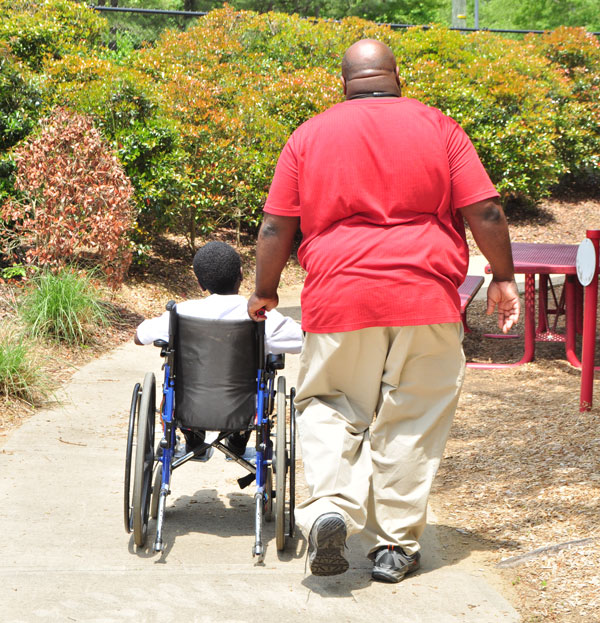
Air Quality Flag Program
Air pollution can damage lungs, trigger asthma episodes, and weaken immune systems. Consider initiating an Air Quality Flag Program at your school or organization. The program provides daily updates about air quality so you can make informed decisions about your outdoor activity.
Learn More about Air Quality Flag Programs
